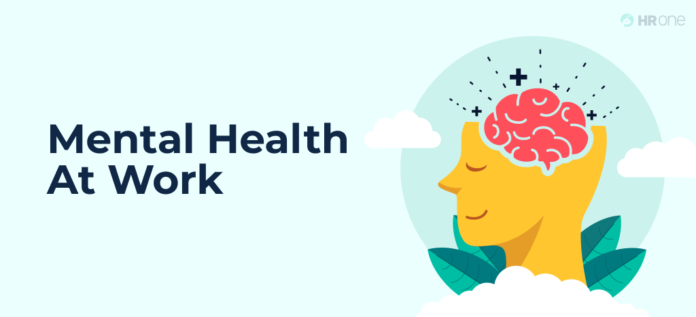In a bid to address the pressing issue of mental health among Europe’s citizens, the Belgian Presidency of the Council of the European Union convened a high-level conference on mental health in relation to work. The two-day event held in Brussels, on 30th and 31st January, saw the participation of EU Commissioners, Ministers, Secretaries of State, European social partners, and occupational health and safety experts, all united to discuss strategies to support the mental health of workers and citizens.
The conference, opened by Belgian Deputy Prime Minister and Minister for Public Administration Petra De Sutter, Vice-President of the European Commission Margaritis Schinas, and European Commissioner for Health and Food Safety Stella Kyriakides, highlighted the need for preventive measures at different levels to counter the growing mental health crisis exacerbated by recent crises.
Hélène Sultan-Taïeb, Professor at the University of Québec in Montréal, presented a study revealing the profound impact of psychosocial risk factors at work on depression and cardiovascular diseases across the 27 Member States. The study emphasized the tangible burden and cost of inaction, urging a collective effort to prevent work-related stress and its consequences.
The discussion expanded to the challenges posed by psychosocial risks in the digital age, with the European Agency EU-OSHA shedding light on the management of occupational risks by companies. The 2019 ESENER survey and the 2022 OSH-Pulse study, conducted post-COVID-19, emphasized the importance of a human-centered approach, equal access to information, and transparent operation of digital tools to prevent psychosocial risks.
Eurofound surveys highlighted the protective effect of good job quality on workers’ mental health, while the outgoing Spanish Presidency drew attention to the detrimental effects of precarious employment on mental well-being. The session underscored the essential need to combat precarious work and preserve quality employment, especially during crises.
The social partners, including representatives of the European Trade Union Confederation (ETUC), BusinessEurope, SGI Europe, and SMEunited, voiced their perspectives on strengthening the European regulatory framework on psychosocial risks. They delved into the management of the impact of the Covid-19 crisis on mental health at work, emphasizing the importance of social dialogue at both national and European levels.
Parallel sessions addressed the prevention of psychosocial risks in times of crisis, the adequacy of current regulations, and the role of social partners in social dialogue. Experts discussed the impact of the Covid-19 pandemic on psychosocial risks, the need for a legislative framework, and the role of social partners in shaping healthy workplaces.
Belgian Deputy Prime Minister Petra De Sutter and European Commissioner for Employment and Social Rights Nicolas Schmit underscored the necessity of a European legislative framework for preventing psychosocial risks at work. The day concluded with Deputy Prime Minister Pierre-Yves Dermagne affirming the consensus on the urgency of specific European legislation.
As Europe grapples with the mental health challenges posed by the evolving nature of work, the conference marked a pivotal moment, rallying leaders and experts towards a united and proactive approach to safeguarding the mental well-being of workers across the continent.





